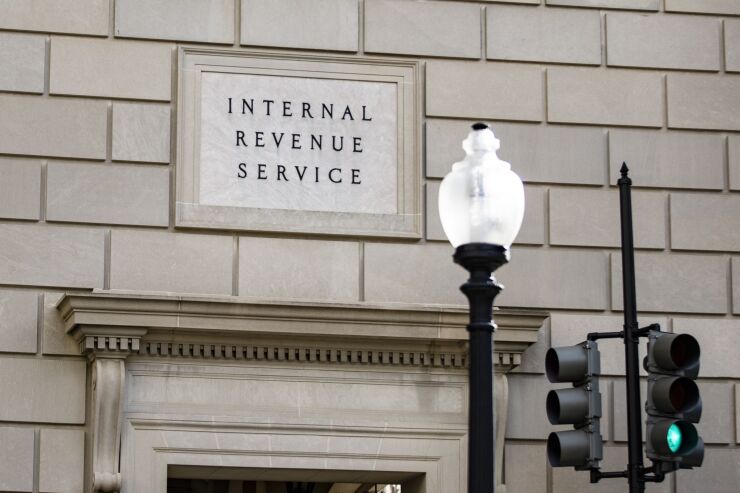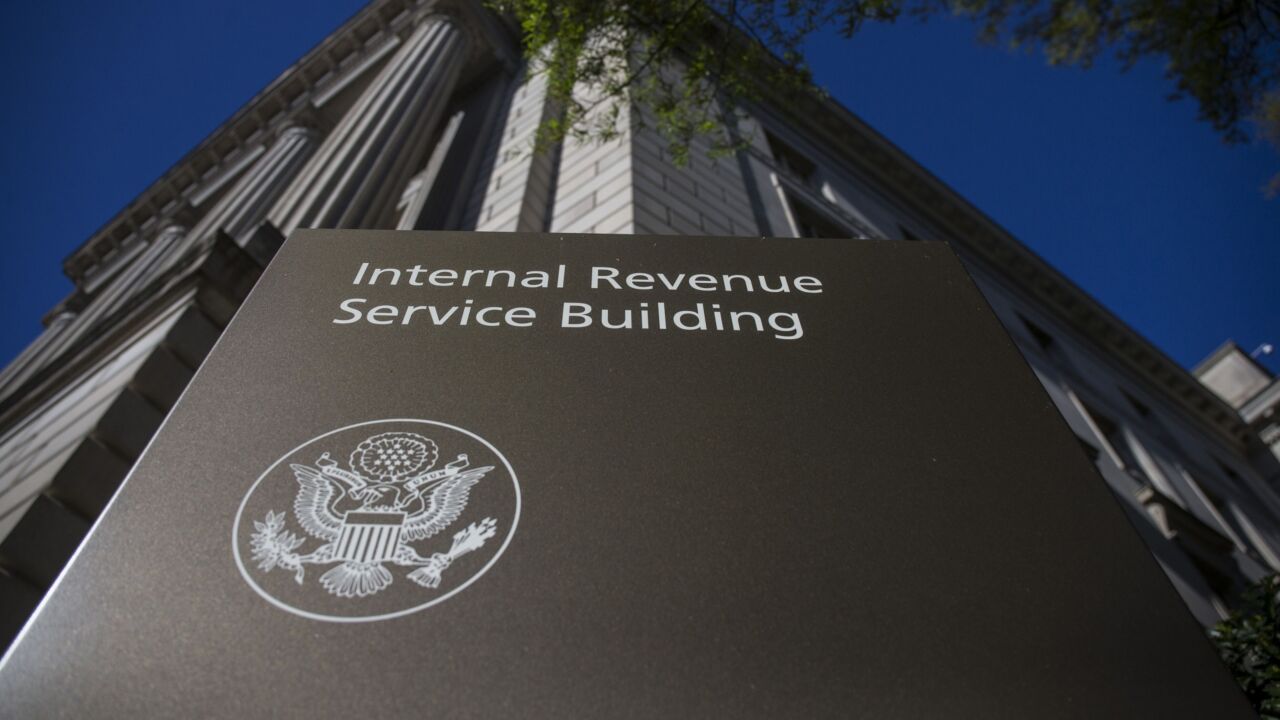The Internal Revenue Service's Independent Office of Appeals asked for public input Thursday on how to improve access to the process for taxpayers who don't live near an appeals office.
The Appeals office can resolve federal tax disputes without litigation, and if a taxpayer's dispute with the IRS qualifies for an appeal, the office will review the issues and schedule a conference.
"Conferences are a key way in which Appeals hears the taxpayer's position, understands the law and facts in dispute and proposes a resolution," said IRS chief of appeals Andy Keyso in a statement. "During the conference, the Appeals officer will engage with taxpayers in discussing potential settlements. At the conclusion of their appeal, they should understand exactly how and why their case was resolved."

The Appeals office offers conferences by telephone, video and in person and can also resolve a taxpayer's dispute by mail or secure messaging. Typically, it's up to the taxpayer or their tax representative to choose how to meet with the Appeals personnel. The type of conference selected won't have an impact on the decision. Employees with the Appeals office can successfully resolve taxpayers' disputes with the IRS using each type of conference.
While telephone conferences are generally the most popular choice for taxpayers with who have appeals in the pipeline, the office has
Appeals offices tend to be located in heavily populated areas, making them more convenient for most taxpayers and representatives who request an in-person conference. However, not all taxpayers live close to an Appeals office.
To meet in person with taxpayers in states with little or no presence of Appeals personnel, they would historically "circuit ride," so Appeals officers would travel on a quarterly basis to a designated location in the state. They also try to provide more flexibility in both timing and location for the conference, without state lines posing a potential barrier. Some taxpayers living in Kansas find it more convenient to meet in Kansas City, Missouri, for example, instead of the IRS office in Wichita, the designated location in Kansas. Appeals officers have traveled as needed to meet taxpayer requests, finding the strict quarterly schedule to be at times too often and sometimes not often enough.
The Appeals office already has a policy in place of providing an in-person conference reasonably convenient to taxpayers and said it's committed to upholding this "reasonably convenient" standard by traveling to an IRS office closer to a taxpayer who does not live near an Appeals office. Some limitations, such as regulatory requirements or the availability of Appeals officers with the right technical expertise apply.
In coordination with the National Taxpayer Advocate, the Appeals office is asking for public comments on how it can further improve conference options for taxpayers and representatives who are not located near an Appeals office, especially on the following matters:
- Revising or replacing the "circuit riding" policy in the Internal Revenue Manual to expand opportunities for timely in-person conferences for taxpayers living in those states;
- Facilitating participation at in-person conferences when taxpayers and their representatives are not co-located;
- Best practices for conducting hybrid conferences, where some participants meet in person and others join by video or telephone;
- If a case must be transferred within Appeals to facilitate an in-person conference, how best to avoid substantial delay in resolving the underlying tax dispute; and
- Encouraging participation in in-person and video conferences by taxpayers in historically marginalized communities or with limited English proficiency and ensuring accessibility by persons with disabilities.
"We want all taxpayers to have a productive conference with Appeals in which they feel heard," said Liz Askey, deputy chief of Appeals, in a statement. "We welcome public feedback on ways we can be more accessible to taxpayers who do not live near an Appeals office."
Public comments should be emailed to ap.taxpayer.experience@irs.gov by July 10.





